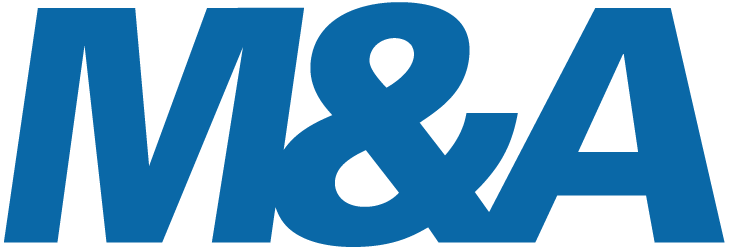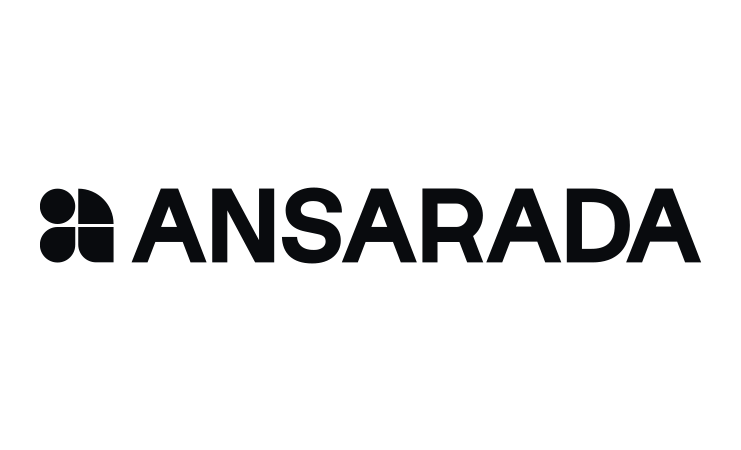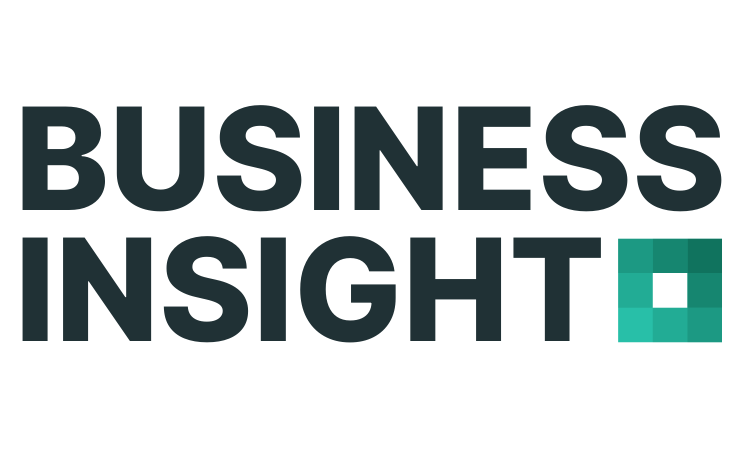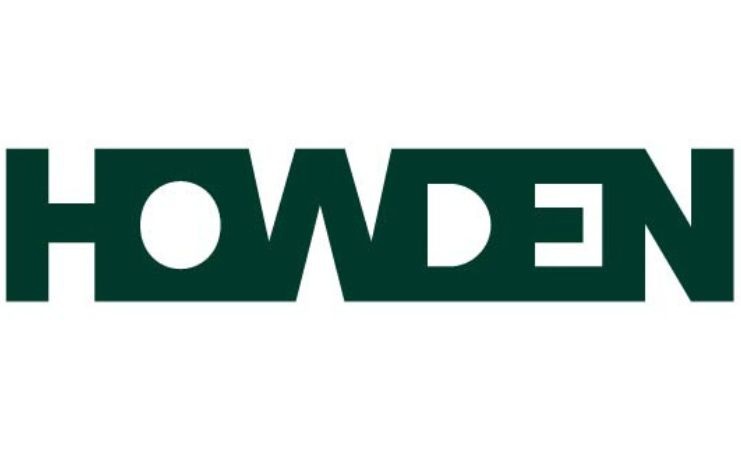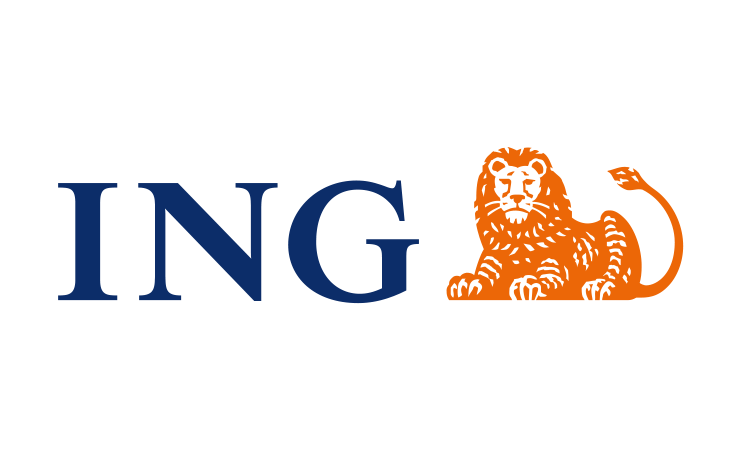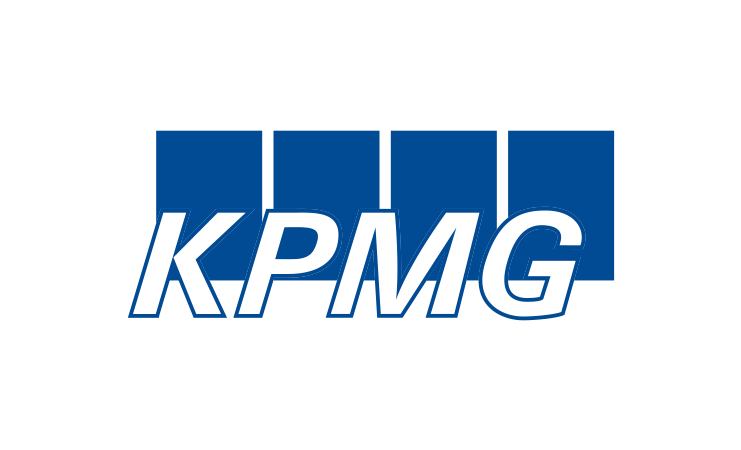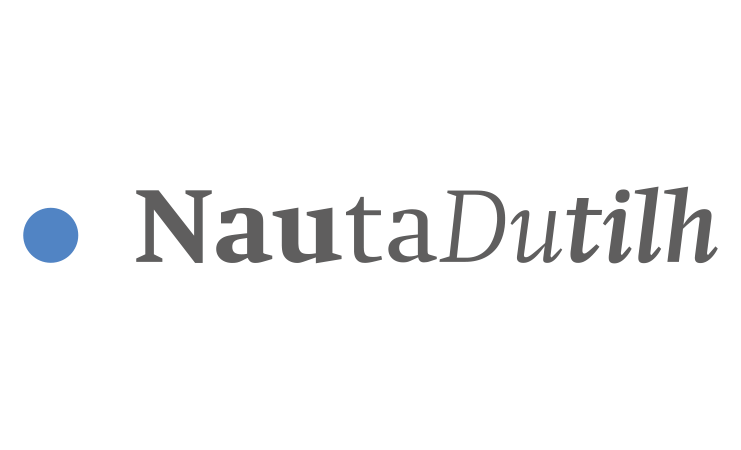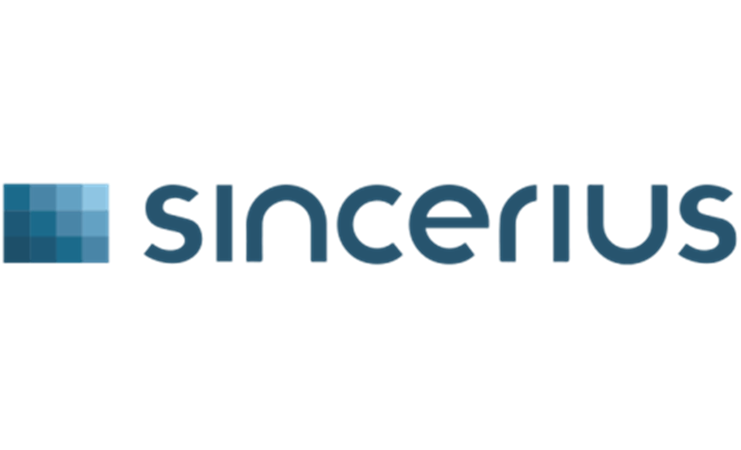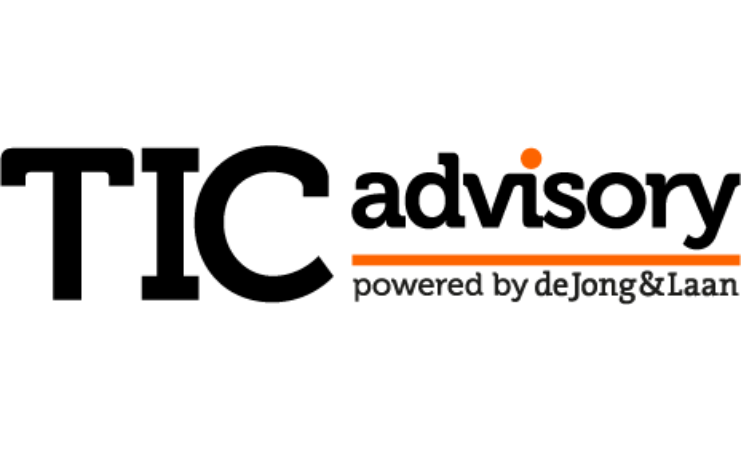De Gruyter acquired Koninklijke Brill

Stem op deze deal via de stempagina: https://mena.nl/genomineerden-best-mid-cap-deal-2024/
Name of the deal: De Gruyter acquired Koninklijke Brill
Date announced: Announcement date 12/10/2023 and closing date 16-02-2024.
Date closed: Announcement date 12/10/2023 and closing date 16-02-2024.
Published value: €51.5 million
Buyer(s): Walter de Gruyter GmbH
Target(s): Koninklijke Brill N.V.
Seller: Shareholders Koninklijke Brill N.V.
Involved firms and advisors
Involved firms and advisors buy side:
Legal advisor: Stibbe
Financial advisor: Park 56
Involved firms and advisors target:
Legal advisor: Allen & Overy LLP
Financial advisor: AXECO Corporate Finance, Rabobank is the financial advisor to the Supervisory Board
Involved firms and advisors sell side: –
Pitch
Brief description deal / Deal outline
De Gruyter GmBH, a German academic publisher in the humanities, natural and social sciences, mathematics, technology, economics, architecture and design, has made a cash offer of €27.50 per share (cum dividend) for Koninklijke Brill, a Dutch publisher of scholarly publications in the fields of Oriental Studies, Classical Literature, Biology, China and Islamic Studies. The offer represents a total value of approximately €51.5 million for 100% of the shares.
The transaction created the leading academic publisher in the Humanities. With pro forma combined revenues of around EUR 134 million and 750 employees and jointly publishing well over 3,500 books and 800 journals per year.
About De Gruyter
De Gruyter was originally founded in 1749 by Friedrich Wilhelm De Gruyter in Berlin, making it one of the oldest publishing houses still in operation. Initially a bookseller and publisher, De Gruyter expanded its scope in the 20th century, particularly with academic and scientific publications. De Gruyter primarily focuses on academic books, journals, and databases. It has a reputation for high-quality, peer-reviewed academic works, with a broad range of subjects spanning humanities, social sciences, medicine, and STEM (science, technology, engineering, and mathematics).
The company made several key acquisitions in the academic publishing industry, including the notable Mouton Publishers in 1977 (for linguistics) and Walter de Gruyter Publishers in 1997, which formed its current name and structure.
De Gruyter generates revenue through subscription services (for journals and databases), sales of print and digital academic books, and open-access publication fees. Their shift toward digital content and open access has been financially beneficial. The academic publishing industry has faced challenges from shifting consumption models, but De Gruyter has navigated this by investing heavily in digital transformation.
About Koninklijke Brill
Brill was established in 1683 by Johan Maire in Leiden, the Netherlands. Initially focused on the printing and publishing of academic works, particularly in theology, the company has grown significantly over the centuries. In 1913, Brill was awarded the “Royal” (Koninklijke) status by the Dutch monarchy, a prestigious designation reserved for companies with long-standing historical importance.
During its early years, Brill published notable works in theology, oriental studies, and classical philology, which became core strengths in its portfolio. In the 20th and 21st centuries, Brill expanded its subject areas, focusing on religious studies, classical studies, Asian studies, Islamic studies, medieval history, philosophy, and international law, and it became known for its high-quality academic publications. Its portfolio includes scholarly books, journals, and reference works.
Similar to other academic publishers, Brill has increasingly adopted open-access models, allowing authors and institutions to publish research that is freely accessible online. This is part of a broader industry trend, offering researchers more options for disseminating their work.
Although based in the Netherlands, Brill has a global presence. Its publications are distributed worldwide, with a particularly strong presence in Europe, North America, and Asia.
Over the years, it has acquired smaller publishing houses to expand its portfolio, including prominent acquisitions in the areas of language and cultural studies including the French academic publisher Editions Rodopi and the German academic publisher Ferdinand Schöningh, enhancing its offerings in history, theology, and social sciences.
Brill generates revenue through the sale of academic books, journals, and digital resources. The company has a balanced portfolio of print and digital publications, with digital sales (including e-books and online databases) becoming an increasingly important revenue driver.
Brill has experienced steady revenue growth in recent years, driven by its focus on high-quality academic content and the shift to digital publishing. The company’s performance has benefited from a solid market position in academic publishing and its reputation for excellence.
Why should this deal win the Award for Best Deal Mid-Cap 2024?
The De Gruyter / Brill merger is without exaggeration the best Midcap deal of 2024 for a multiple of reasons: One of the oldest companies founded in the Netherland – Brill was founded in 1683 and with over 350 years of history it is one of the oldest Dutch founded companies and the oldest publisher of the Netherlands, older than well known listed companies like Wolters Kluwer and RELX
A merger with global impact – Despite its size, Brill is a leader in Humanities and Religious Studies. It publishes for instance works around the Dead Sea scrolls. For scholars they represent an invaluable source for exploring the nature of post- biblical times and probing the sources of two of the world’s great religions. For the public, they are artifacts of great significance, mystery, and drama. Interest in the scrolls has, if anything, intensified in recent years.
One of the oldest publicly traded companies – Brill with a listing on the Amsterdam Stock exchange since 1863, making it one of the oldest publicly traded companies
The merger is a historic move as it brought together two strong heritages with long traditions in academic publishing – The merger created the second largest independent publisher in Humanities and Social Sciences in the world with a pro forma combined revenues of around EUR 134 million and 750 employees and publishing well over 3,500 books and 800 journals per year.
A competitive process – Brill was acquired in a competitive process allowing for a competitive price for the shareholders. Management ensured it kept all its options open until a very late stage and finally received a 37% premium on their shares
Acquired by a family with a keen interest in the sciences – The acquiror De Gruyter GmbH, is a leading publisher in Germany and still family-owned. The family sees the merger as an investment in the future prime and the prime motivation of the family is to protect the sciences and ensure independence of free speech and the freedom of academia.
Leading in their academic field – Despite their size the two companies are leading publishers in their respective academic field, the humanities and religious studies. Authors and editors and other stakeholders welcomed the transaction and see the increase in scale as an advantage as it will allow for a better reach to academia globally Allowing for new revenue models – The spend on academic publications is under pressure worldwide due to cuts in library budgets, as a result publishers need to reinvent new revenue models which the merger will make possible
Societal impact – The merger safeguards humanities publishing, which is of essence in a world that is under pressure by the rise of populism
Innovative financing – To finance the acquisition the company raised capital through a sale of its real estate ensuring the business is basically debt free and can invest in new infrastructure and business processes. The shareholding structure of the combined entity is such that the independence is safeguarded for centuries to come
Positive response by industry watcher – The announcement was hailed in the press and by industry watchers: “M&A people tend to promote almost all of „their“ deals as a „landmark transaction“ … many of them aren’t, but THIS one truly is. Chapeau! & congrats to everybody involved”
Deal rationale
The rationale for the deal is to create greater scale for both companies, enabling them to invest more effectively in workflows and infrastructure while accelerating top-line growth through the combination of their publishing programs.
Brill and De Gruyter are both successful mid-sized academic publishers with global operations and a focus on research in the humanities and social sciences. Over the past decades, they have grown steadily through both organic expansion and acquisitions. As the market continues to shift towards digitization and open-access publishing, achieving operational scale has become increasingly crucial for remaining competitive, funding future investments, and improving efficiency. Given their overlap in academic fields, markets, and geographies, this combination presents strong opportunities for sustainable growth. In light of the ongoing evolution of the academic publishing market, the creation of scale through a strategic partnership offers Brill and De Gruyter an attractive path to securing a robust long-term market position.
As a combined entity, Brill and De Gruyter will benefit from a strengthened global sales organization, essential for managing the growth in bundled licensing deals and navigating the complexities of the open-access transformation. The new company will be headquartered in Berlin, Germany, with Brill’s office in Leiden, the Netherlands, continuing as one of the largest within the group, retaining significant staffing and responsibilities. The combined entity, De Gruyter Brill, will maintain offices worldwide and employ approximately 750 people. Due to their cultural and strategic alignment, the merger will enable cost savings through reduced complexity, accelerated digital transformation, and the realization of operational synergies.
What is the impact of this deal for the company?
The transaction creates the leading academic publisher in the humanities and provides a unique opportunity to accelerate organic growth and achieve the necessary scale. With combined pro forma revenues of approximately €134 million and 750 employees, De Gruyter Brill will be well positioned to provide the best possible service and infrastructure to its communities, publishing well over 3,500 books and 800 journals per year.
The increased scale will accelerate the transition to new business models, such as open access, and finance investments in technology for end-to-end workflows and a state-of-the-art market-facing (content) platform. It will enable the company to further improve the author experience and services to libraries and institutions worldwide, to better address market challenges, to enable more effective sales and marketing, and to enhance the ability to attract and retain talent. The strategic rationale is underpinned by the complementary publishing programmes and similar cultural values of the two companies. De Gruyter and Brill are deeply rooted in the academic community, with long traditions and a shared commitment to publishing excellent research as trusted partners of scholars.
Brill and De Gruyter will fully merge their acivities and have a new name and brand identity. At the same time both De Gruyter and Brill will stay as an independent publishing imprints as author and readers feel a real connection with them . Just like a newspaper publishing company can have differerent newspapers in print, like NRC, AD, Trouw, Het Parool are all owned by De Persgroup.
All global teams, editorial, sales, marketing, IT, finance, back offices will be combined.
What is the impact of this deal for the direct stakeholders?
De Gruyter’s shareholders take a strategic view of the business and are committed to ensuring that the new combination remains independent for many centuries to come.
Staff – all staff will be part of new, combined teams. The new compny will strive to become an employer of choice. From Day One De Gruyter has been focused on making the acquistion a success by working on a new corporate culture and roll this out globally Selling shareholders – The selling shareholders reveived a strategic premium of 37% Family – ensured the two compnaies can stay independent and protect freedom of academic publihsing for centuries to come Authors will get a wider reach for their publications
What is the impact of this deal on society?
Both De Gruyter and Brill are renowned for their commitment to publishing in specialised, often underfunded academic fields. Their publications have contributed to the preservation of cultural heritage, particularly in the humanities, religious studies and ancient texts. This transaction would allow both companies to continue their commitment to producing culturally and intellectually valuable content, while providing the financial stability to do so in an increasingly competitive market.
Both companies are also committed to open access publishing, which promotes free and equitable access to scholarly works. This merger could enhance their ability to offer more open access content and to democratise scholarly knowledge on a larger scale.
The impact on society is not to be underestimated. the merger safeguards humanities publishing, which is of essence in a world that is under pressure by the rise of populism. The humaniies (Psychology, Sociology, Politics, Religious Studies, etc) deal with all aspects of our everyday life. Many of us willnot see the actual publications, but they play a major role in the scholarly communications and under academics.
What was most complex about this deal?
The merger conversations started around 15 years ago – The two companies and their respective management teams danced around each other for many years, with initial conversations started end 2010. The merger rationale was well understood by both teams, but parties were not able to agree on the financial terms and corporate governance, also in light of the listing of Brill. When Brill CEO, John Martin, left unexpectedly and was succeeded by a manager with many years in academic publishing, the minds were shaped joining forces. These conversations were brokered by two former managers of SpringerNature, one of the world largest publishing companies, who started their own investment banking boutique in 2021 and now operate under the name of Park 56. With their knowledge of the industry, their network and indepth M&A expertise they ensured parties Brill was open to an approach by De Gruyter.
This Dutch-German business combination involved complex and sensitive negotiations to balance the interests of all the relevant stakeholders involved, including the objective of securing Brill’s long heritage and roots in the Netherlands. The complexity was compounded by the large number of active stakeholders and Brill’s capital structure, with an “administrative office” holding the legal title to the ordinary shares for which depositary receipts were issued and which were listed and traded on Euronext Amsterdam. Ultimately, De Gruyter was able to secure irrevocable undertakings to support the transaction from 60% of Brill’s shares prior to the announcement. It was also able to secure the support of the company’s protective foundation (a protection against hostile takeovers) and the administrative office.
To convince a German family to make an offer on a Dutch owned company and ensure they would sell valuable real estate to finance the acquistion and ensure there is sufficient financial headway for the company to built new infrastructure and invest in new workflows, staff and corporate culture and accelerate top line. At the same time we needed to convince the managment of one of the oldest stock listed companies to give up their independence and pride.
Stemmen is niet meer mogelijk

